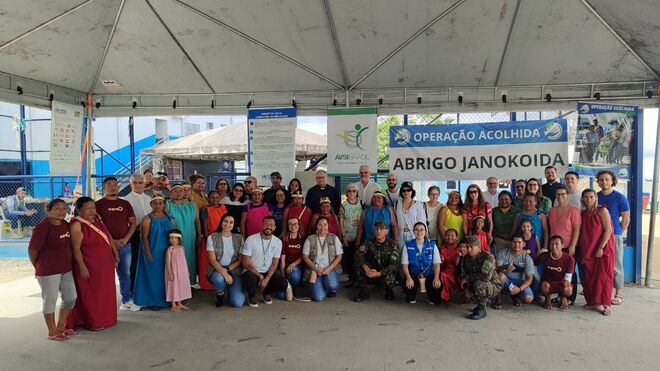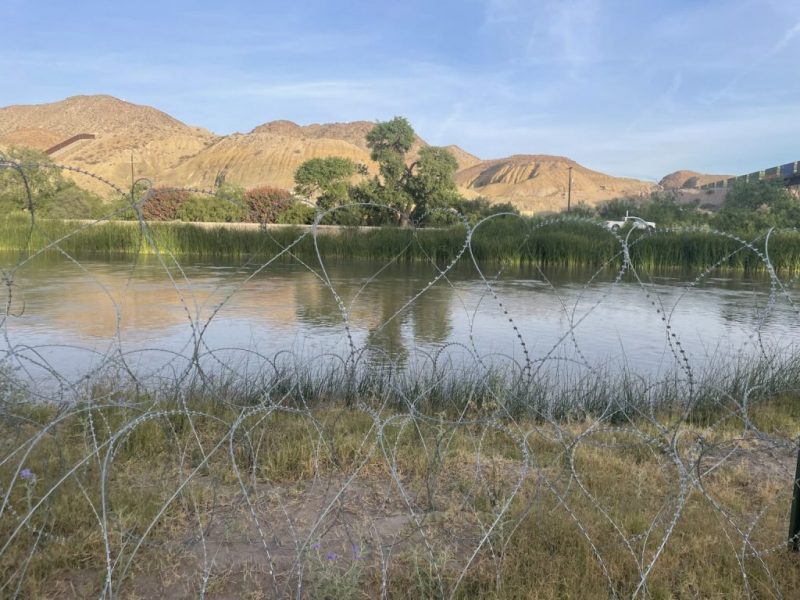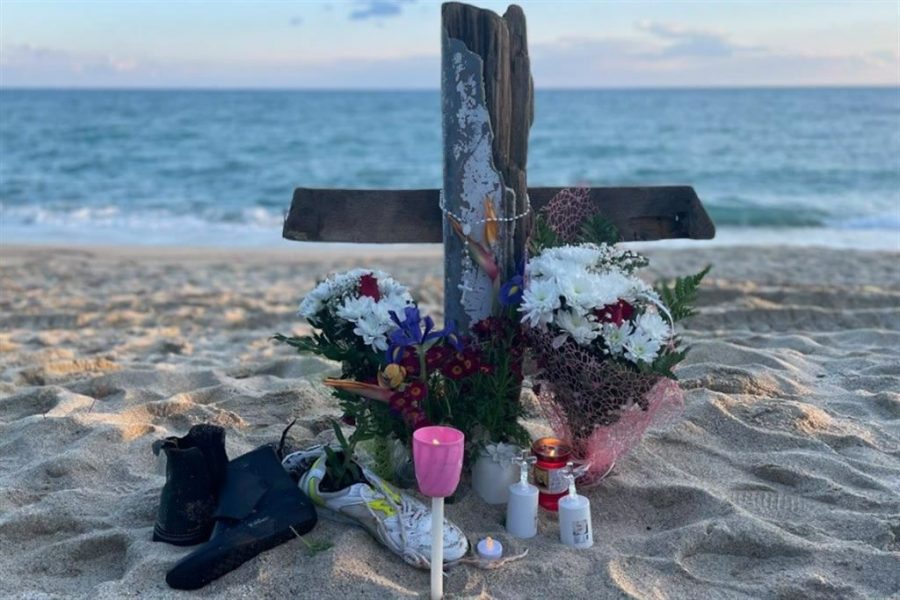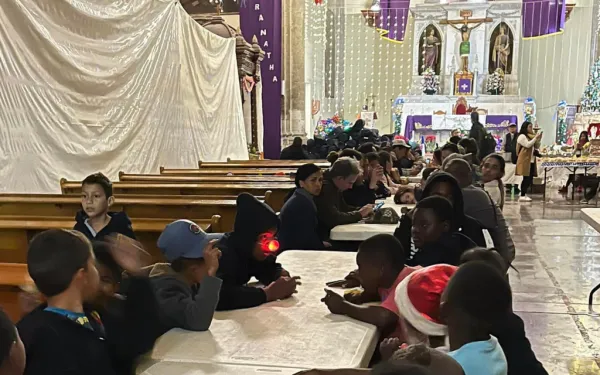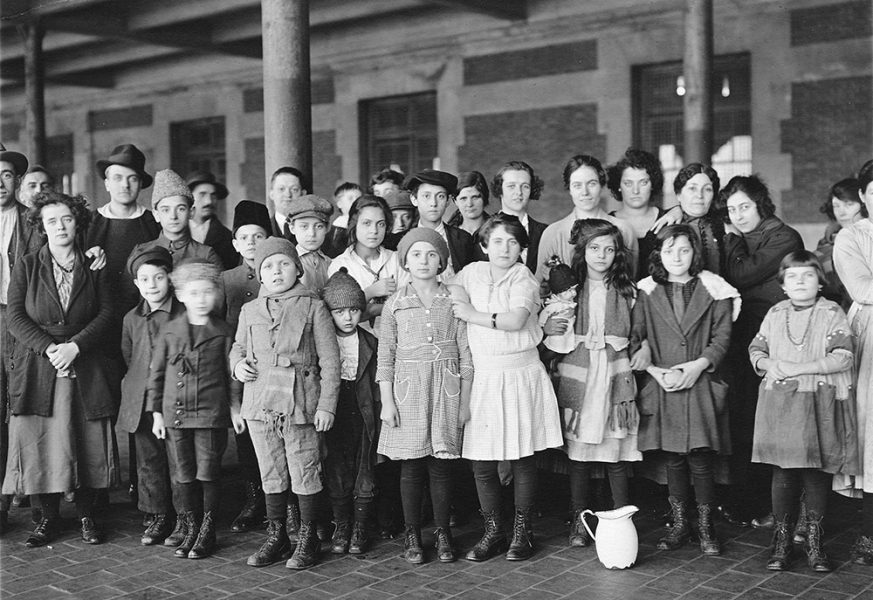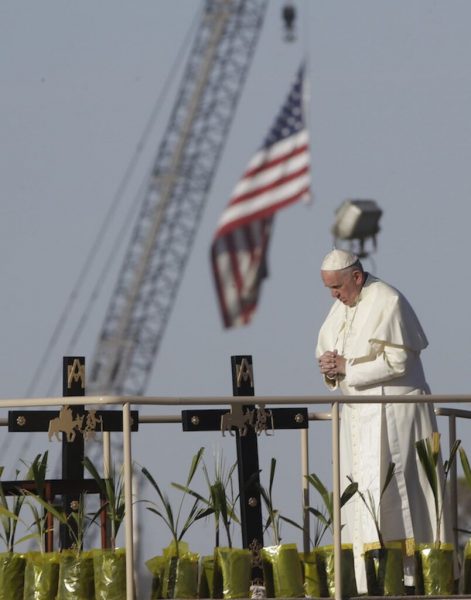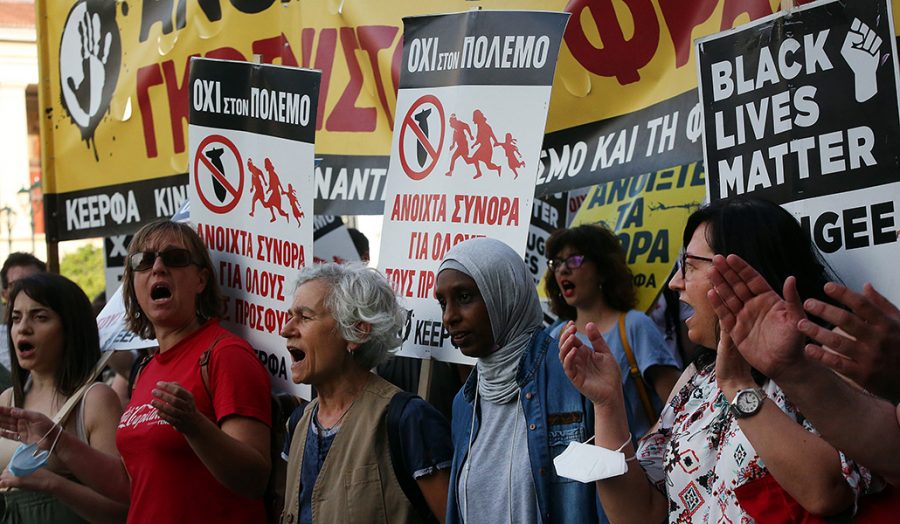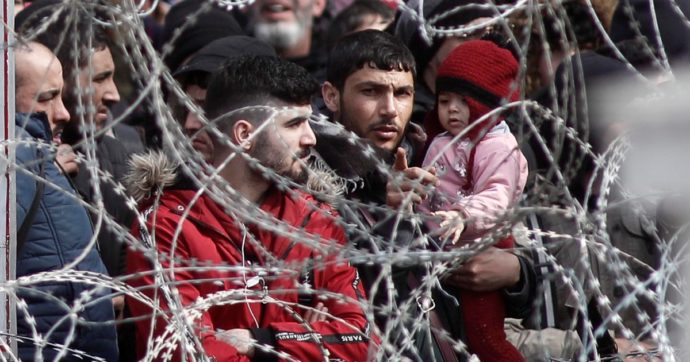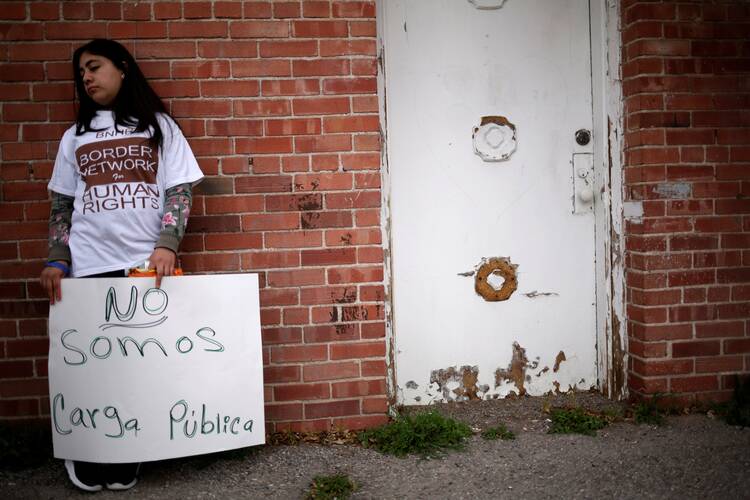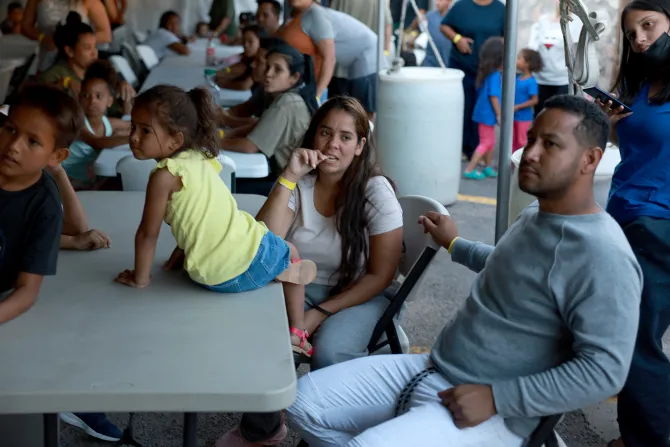(Afa y Omega. Rodrigo Moreno Quicios).
Más de la mitad de Estados miembro ha pedido enviar a terceros países seguros tanto a los solicitantes de asilo como a quienes estén a la espera de ser devueltos a su país de origen.
La externalización de fronteras va en contra del compromiso que hemos firmado en la Convención de Ginebra de proteger a los refugiados», denuncia Alberto Ares, director del Servicio Jesuita a Refugiados (SJR) Europa, en conversación con Alfa y Omega. Critica así el llamamiento de 15 Estados miembros de la UE, encabezados por Dinamarca, para desarrollar la externalización de la política de migración y asilo y ante el que su institución se ha movilizado con la campaña Estimado Parlamento Europeo.
Los 15 países europeos —más de la mitad del total— argumentan que el aumento «insostenible» de las «llegadas irregulares de migrantes» observado en los últimos años justifica pensar «fuera de lo común». «Si queremos seguir esforzándonos por romper las estructuras de incentivos que impulsan los movimientos migratorios irregulares y los viajes peligrosos hacia Europa, son necesarios esfuerzos complementarios», añaden.
La carta, fechada el 15 de mayo, pero hecha pública el pasado jueves, está dirigida a los altos funcionarios de la Comisión Europea. Además de Dinamarca, cuenta con el respaldo de Bulgaria, la República Checa, Estonia, Grecia, Italia, Chipre, Letonia, Lituania, Malta, los Países Bajos, Austria, Polonia, Rumanía y Finlandia, lo que refleja un consenso entre diferentes partidos.
Continue reading …




